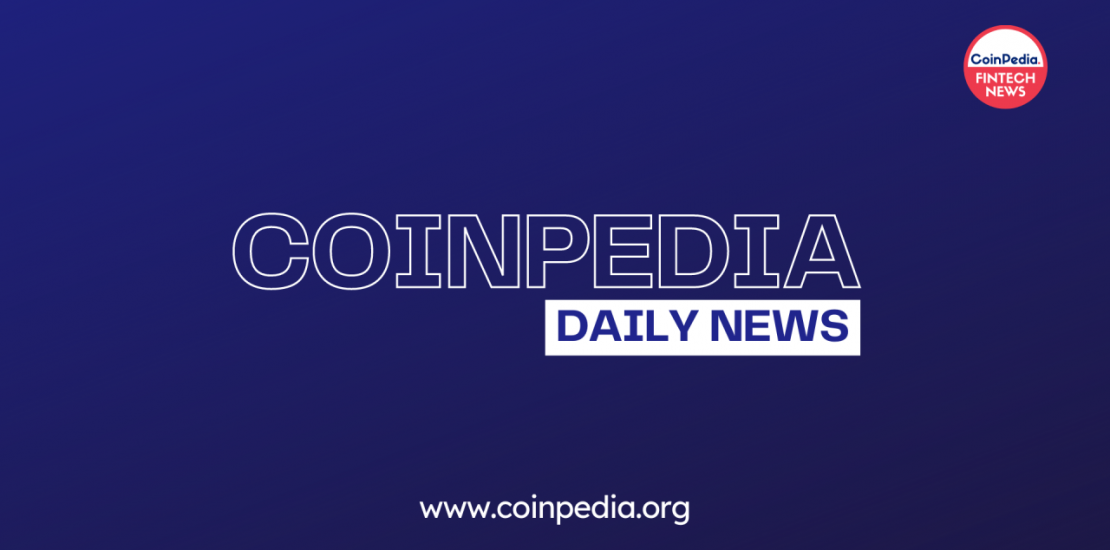- November 20, 2024
- Posted by: admin
- Category: BitCoin, Blockchain, Cryptocurrency, Investments


The post DCG Announces The Launch Of New Subsidiary Focusing On Decentralised AI appeared first on Coinpedia Fintech News
In the latest development, DCG has announced the launch of Yuma, a new company to support and drive development on Bittensor, a decentralized, open network where anyone can create, train, and access AI.
Barry Silbert announced this next big project of his, which is a subsidiary that aspires to compete with the likes of Google and OpenAI in the field of artificial intelligence.
The Decentralised Version Of AI
Yuma’s decentralized AI ambitions revolve around a blockchain project called Bittensor, which launched in 2021 and offers tokens as incentives to prompt people to contribute to a network of AI services.
Bittensor is a decentralized, open-source network that enables users to contribute computational power to run various AI models. Users are incentivized to participate in the process via TAO token payouts. The network supports independent subnets that can direct computation power to particular subjects.
“We created Bittensor to offer a competitive alternative to the top-down world that limits access to high-powered AI capabilities. We’re championing open access to technology liberated from conventional gatekeepers so that we can ensure the AI revolution is accessible to the next generation of visionaries shaping our world,” the co-founder of Bittensor Jacob Steeves remarked.
Led by DCG Founder and CEO Barry Silbert, Yuma provides startups and enterprises with the capital, infrastructure, and technical resources needed to explore and build on Bittensor. Yuma is going all in on a decentralized version of AI—the idea of distributing the powerful technology across a loose network of autonomous contributors instead of relying on a giant tech company to provide the service.
Silbert underscored that “Just like the early days of Bitcoin, which fueled the development of a new form of transparent, borderless money, we’re moving from the digital ownership of assets to the decentralized ownership of intelligence.”
Empowering Change
He noted that Yuma offers startups and enterprises access to everything they need, including capital, technical resources, and operational support to deploy their innovative ideas onto the Bittensor network.
“By supporting world-changing projects that advance decentralized intelligence, Yuma will shift the transformative power of AI and machine learning away from centralized companies to an open and accessible resource for all people,” emphasized Silbert.
He remarked that Yuma’s focus will be on helping to build a network of decentralized intelligence and computing services in the form of what Bittensor calls “subnets.” There are similar to applications and Yuma is currently supporting around 60 of them, while Silbert foresees that there will soon be thousands.
So far, Yuma has five subnets that are live. Four went through the accelerator program and one through incubation. Another nine are in development and should go live in the coming weeks, one of which is in incubation and the rest in the accelerator.
